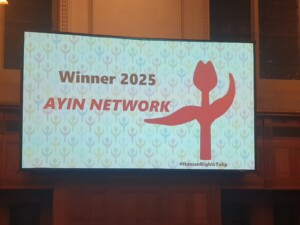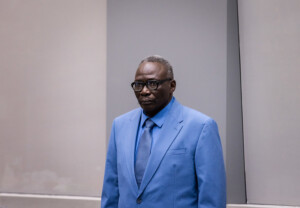Sudanese among 42 dead as migrant boat capsizes
42 people have drowned, and another 163 passengers have been rescued after a boat carrying an estimated 450 migrants capsized on Wednesday off Rosetta in Egypt.
42 people have drowned, and another 163 passengers have been rescued after a boat carrying an estimated 450 migrants capsized on Wednesday off Rosetta in Egypt.
The boat overturned off the port city of Rosetta, police and health officials said. It sank some 12 kilometres from the coast and the victims include one child, 10 women, and 31 young men, a municipal official in the Mediterranean city told AFP.
The victims included Egyptians, Eritreans, Sudanese and Syrians, said the official, Ali Abdel Sattar.
Five survivors, handcuffed to beds in a Rosetta hospital room, told AFP up to 450 people were on board."The boat sunk. My three children died," said Badr Abdel Hamid, 28, before breaking into tears.
"We were 450 people on board. We left at 2:00 am. An hour an half later, it capsized. Whoever knew how to swim, swam. We even abandoned the women and children," said Ahmed Mohamed, 27.
Anti-immigration
According to the United Nations Refugee agency (UNHCR), Sudan appears to be one of the main transit countries of Eritreans and Somalis who travel to Italy by sea – two of the largest groups of immigrants arriving in Europe.
Recent funding by the European Union to the Sudanese government, to be implemented under the EU Emergency Trust Fund for Africa, contains the development aid package of more than €100 million, to tackle the root causes of irregular migration in the country.
Another €40 million is appointed to improve the process of migration management in Khartoum. An additional €15 million should improve the living conditions of refugees and host communities in eastern Sudan and Khartoum and strengthen the capacity of local authorities.
But the EU policies in the campaign against illegal immigration and human trafficking by providing such funds to African governments, is futile, say Sudanese activists.
Speaking to Radio Dabanga in July, civil rights activist Hafez Ismail said that the funds might be used to tighten the grip by the security apparatus in Sudan on the population, pointing to the possible construction of detention centres and isolation of the refugee camps in eastern Sudan.
Following the announcement of the funding package under the EU Emergency Trust Fund for Africa, Commissioner for International Cooperation and Development Neven Mimica said that “the real challenge in the coming months will be the implementation of this package.
“I received a firm commitment of the Sudanese authorities to remove all obstacles and facilitate access, visas and travel permits to areas where EU projects will be implemented,” the EU Commissioner stated on 6 April.
Opposition parties in eastern Sudan have demanded the spending of the funding to be overseen by the EU, fearing that the money might enter into the pockets of corrupt groups in Sudan.
Human trafficking
According to a report by the UN Office for the Coordination of Humanitarian Affairs (OCHA) thousands of asylum seekers, refugees and migrants from neighbouring countries are at risk of being trafficked every year. Most vulnerable are newly-arrived asylum seekers of Eritrean origin who arrive in eastern Sudan.
(Sources: AFP, Radio Dabanga)











 and then
and then